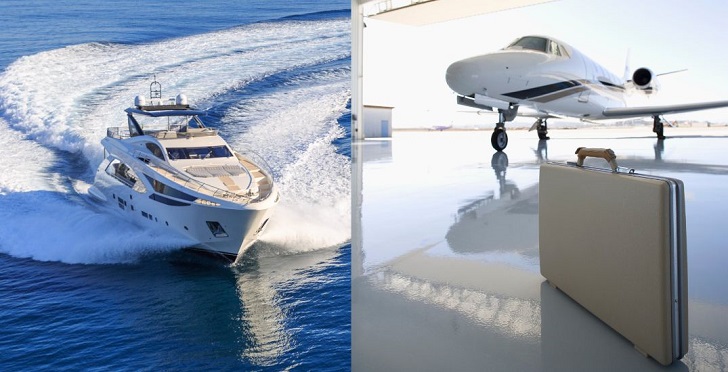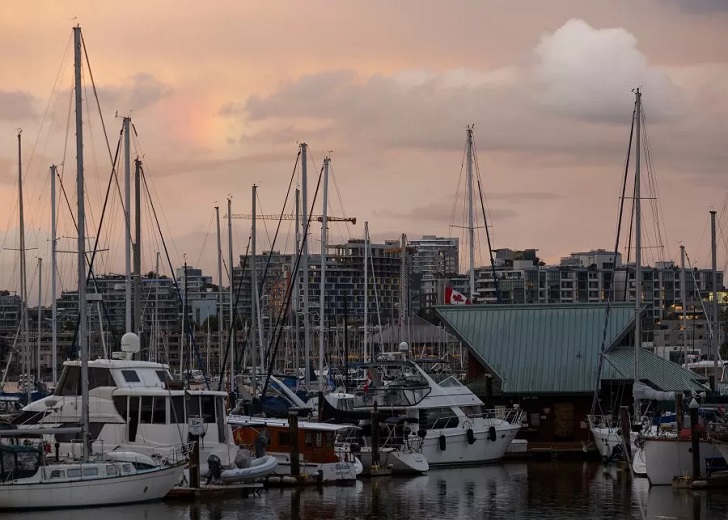As celebrities like Taylor Swift and Drake are coming under fire for using private jets, Canada has published new information about its efforts to persuade the wealthy to reconsider using their lavish modes of transportation that contribute to the climate catastrophe. The new luxury tax will go into effect on select aircraft, cars, and boats on September 1, 2022.

The Canada Revenue Agency (CRA) has published instructions for companies that would be subject to the new tax, such as producers, distributors, retailers, and importers of the subject goods, and who must register as “registered vendors.”
2022 Tax Alerts
The Select Luxury Items Tax Act, which was a part of Bill C-19, Budget Implementation Act, 2022, No. 1, has been passed by the Canadian government. On June 23, 2022, Bill C-19 gained Royal Assent. The sale and import of subject automobiles, subject planes, and subject vessels (collectively, subject goods) that exceed certain price limits are subject to a “luxury tax” imposed under the Act. On September 1, 2022, the luxury tax goes into force. The Act’s provisions should be carefully considered by vendors of cars, airplanes, and watercraft to establish their registration and reporting requirements.
Additionally, the Department of Finance submitted draught legislative and regulatory proposals, including the draught Select Luxury Items Tax Regulations, for public comment on August 9, 2022. The regulations, which take effect on September 1, 2022, address issues brought up by stakeholders regarding the export of aircraft, the need for reporting by automakers, and the use of transitional standards.
How will it work?

The Act will apply to all brand-new vehicles, including boats above $250,000 and aircraft over $100,000. The tax owed equals 10% of the item’s total value. As a retroactive measure, it will also apply to “written sales agreements” as of January 1, 2022.
Before selling or importing automobiles that are subject to the new tax, manufacturers, wholesalers, retailers, and importers are required to register under the legislation. These thresholds are in Canadian dollars, and as of the time of writing, $100k of those is equivalent to around $77.77k USD. The tax is meant to extract money from people who have fared better during the challenging pandemic trading conditions.
Criticism

The business community has criticized the new tax in Canada. Some claim it may have “severe repercussions” for the aviation sector, which has already struggled since the outbreak, and might lead to the loss of at least 900 jobs.
Regarding the criticism of celebrities, some experts claim that concentrating too much on any one person’s behavior can divert attention from the necessary policy reforms, such as the substantial climate legislation that is still pending in Congress. Others have cited how the oil corporation BP, for example, introduced a carbon footprint calculator in the middle of the 2000s to shift responsibility for climate change away from the fossil fuel industry and toward individuals.

